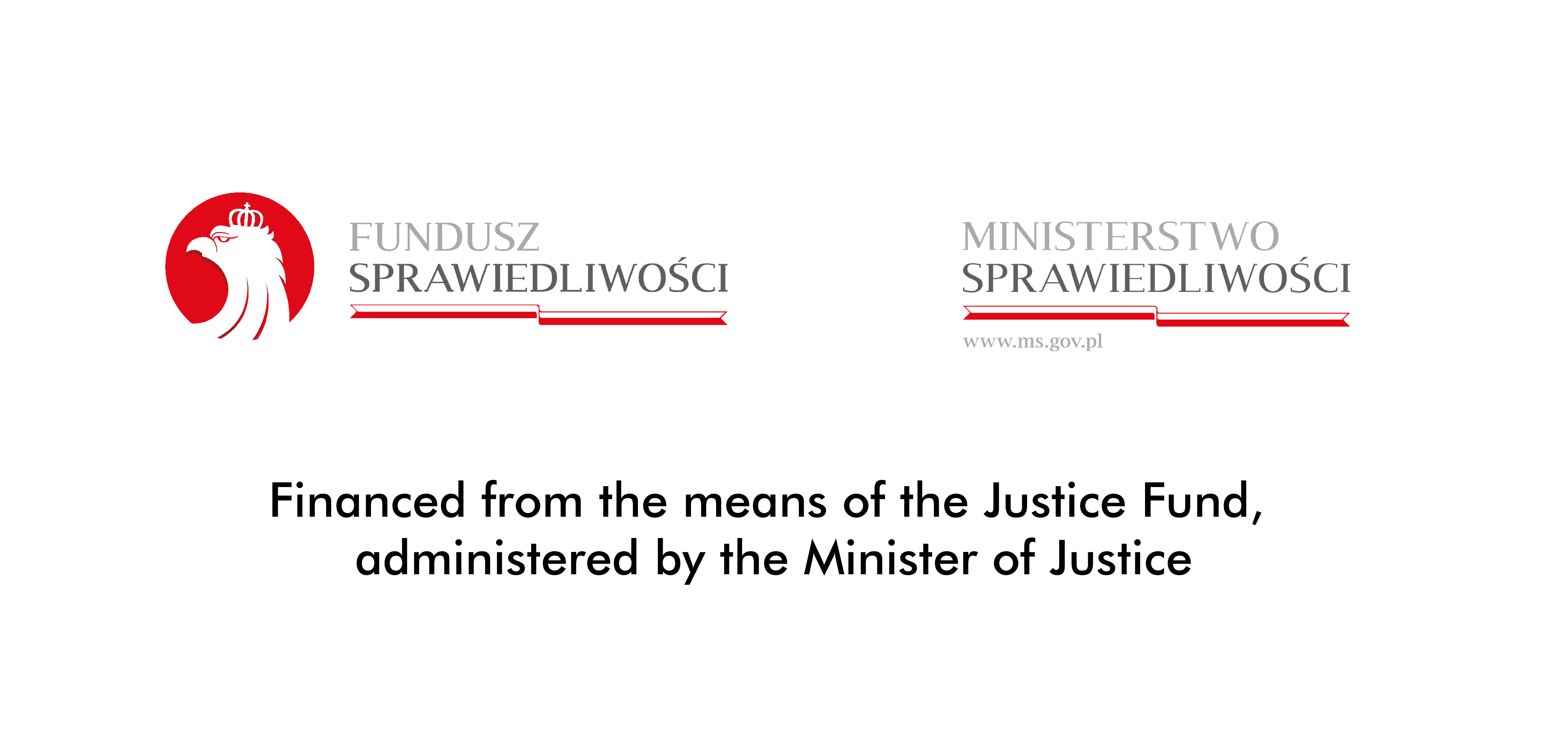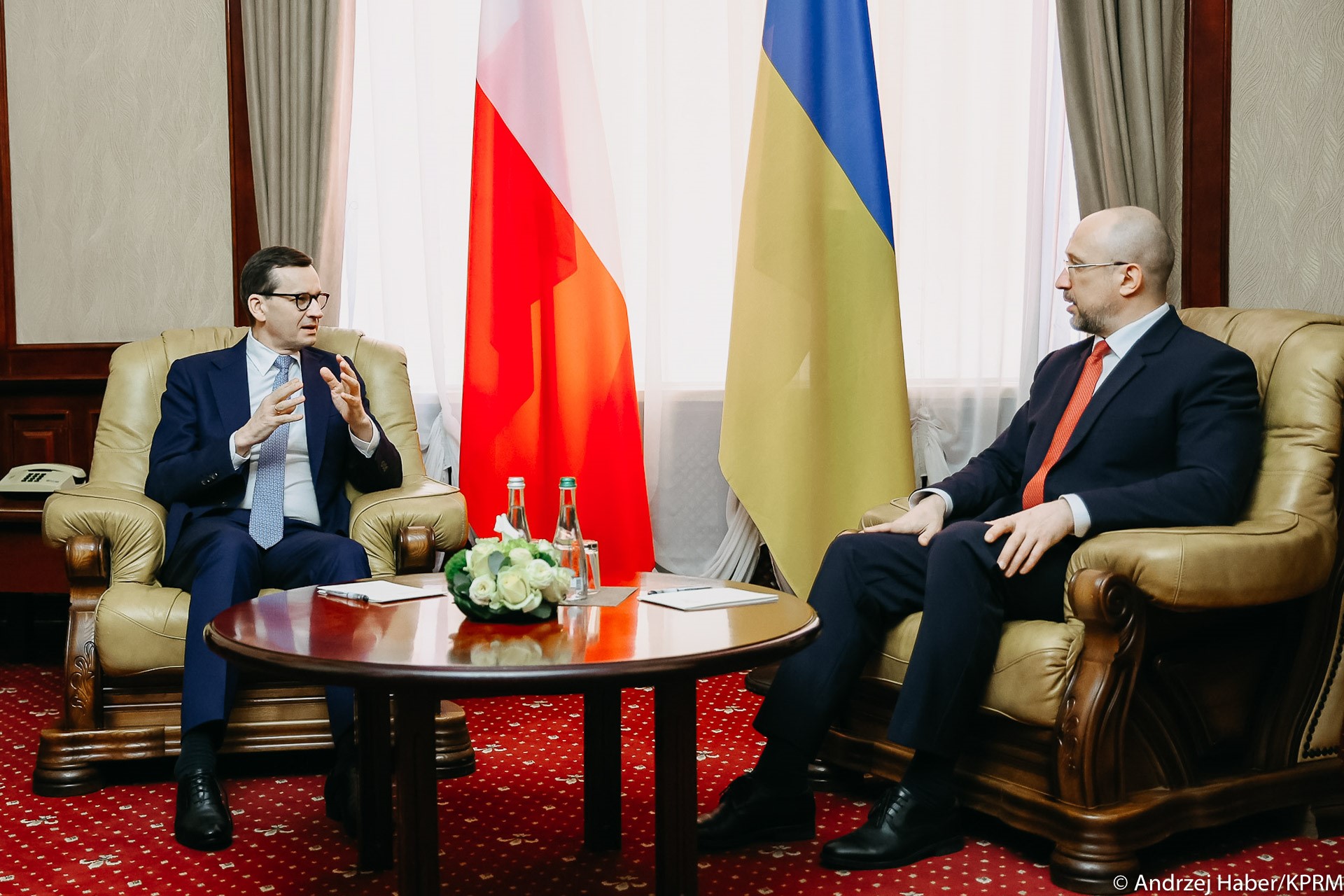Defining Poland’s interests

It’s been a long time since any analysis of mine elicited as many comments as my words about the risks for Poland in case of a prolonged conflict in Ukraine and the need for a compromise in this regard.
Paweł Lisicki
Most reactions were that of anger, condemnation and – what else could be expected given that, after all, this is what Polish political debate is like – more or less veiled suspicion. There were also, fortunately, rational attempts to respond, and these I will address.
According to my critics, Ukraine’s current war with Russia should continue as long as possible for three reasons. First, it bleeds and weakens Russia. This therefore significantly postpones the potential invasion of Poland, and may even, as the biggest enthusiasts claim, lead to the defeat of Moscow altogether. Second, Russia has proven itself to be a gangster, terrorist, and wicked state, so negotiations and agreements are out of the question. Ukraine should fight for all or nothing – as Polish politicians point out – and at the very least Putin’s regime must be toppled and the guilty tried. Third, unquestioning support for Ukraine strengthens Poland, allowing it to become an important, perhaps the most important player in this part of Europe. I am not denying any of these arguments. Yes, weakening Russia is a positive thing for Polish interests, just as one should strive to bring the guilty parties to justice. However, realism requires, when describing reality, not only to be guided not by what seems right to us, but also to see what is possible.
Weakening Russia is, we can agree, in Poland’s interest. But not at all costs and not at every cost, and certainly not at the cost of a significant deterioration of Poland’s geopolitical position. Unfortunately, this is precisely what the effect of a prolonged war may be. The naked eye can see that its first victim is the Polish economy. A drastic jump in commodity prices could drown it. I don’t know if and how prepared the Polish government is for the worst scenario, but I remain skeptical. Past experience shows a propensity for flashiness and self-aggrandizement, which makes me justifiably concerned that things will be the same in this case. Let’s hope I’m wrong.
Even more important is the second problem – the risk. Wars have a tendency to run differently than planned by those who start them. If it were possible, as my opponents claim, to keep the war within the current boundaries – the Russians are fighting Ukraine in a separate territory – we could consider the conflict favorable for Poland. However, this cannot be guaranteed. The more losses, the greater the determination. The greater the ferocity, the greater the propensity to attack outsiders as well. Question: are the Poles ready for this?
What, then, is possible? For instance, a successful counteroffensive of Ukraine, the recapture of some of the lands occupied by the Russians, and subsequently a compromise. That would be the best option. I don’t really understand what else a defeat to Moscow would consist of in concrete terms. The hard truth is that Russia is a nuclear superpower, and no amount of our incantations and outrages will change that. However, it is also, fortunately, much weaker than it might have seemed before. Therefore, unless the conflict gets out of hand, we should not expect Russia to attack NATO countries. How would it do that if it can’t even deal with Ukraine’s resistance in the Donbass?
I am also in favor of punishing the guilty for their crimes. However, in order to punish the villain, one must first have the power. This is shown perfectly by the example of World War II. The German criminals were justly punished, while the Soviet murderers got away with their crimes. Moreover, the Allies, despite their knowledge of the crimes, first treated them as partners, and then negotiated with them and made compromises.
Conclusion: it is in Poland’s interest to seek to diminish the risks and avoid such moves that would directly draw us into war. This is not to say that this is not in the interest of Kiev. America is perhaps trying to use Poland in the same manner. Its perspective can be understood: without significant risk, it is using Ukraine to weaken a potential global rival. But for Poland, the risk is incomparably greater. Thus, pursuing in principle the same policy as Washington does not seem prudent to me. Unfortunately, we are not separated from Russia by an ocean.
Finally, as far as Ukraine is concerned, both humanitarian and – to some extent, namely without weakening our own military power – military aid can be beneficial for Poland. This does not mean that the interests of Warsaw and Kiev are the same. It does not explain why in this pairing – Poland and Ukraine – Polish politicians appear more solicitous towards their partner.
This article was published in 2022 in “Do Rzeczy” magazine.




